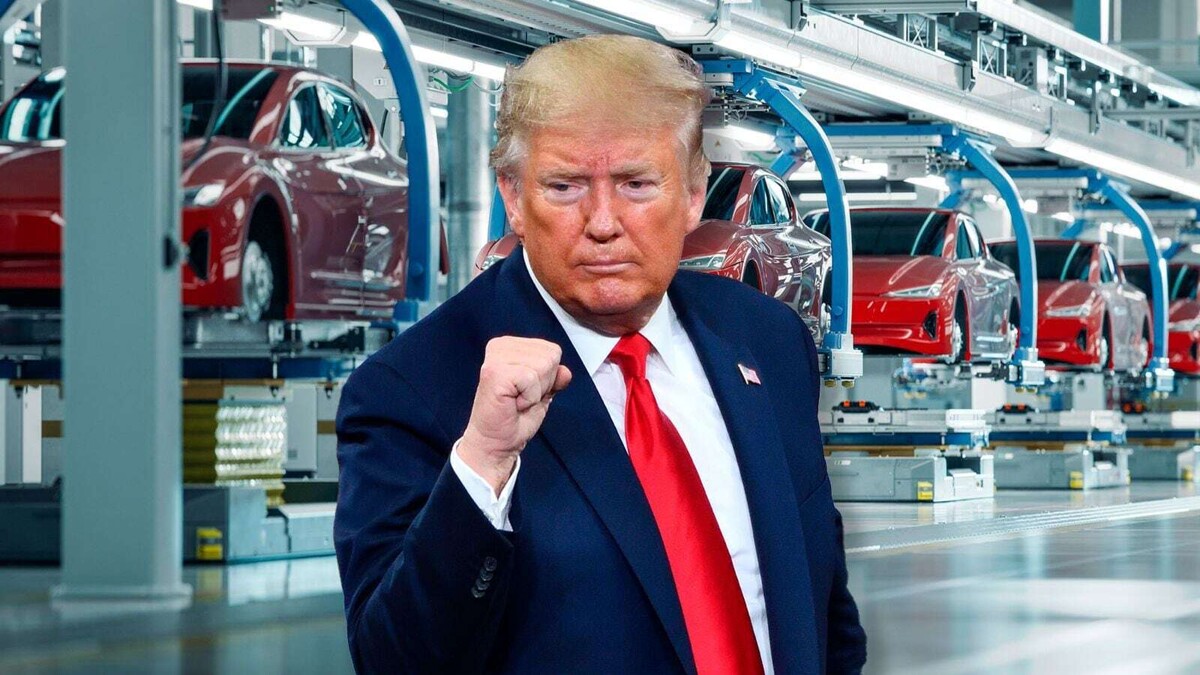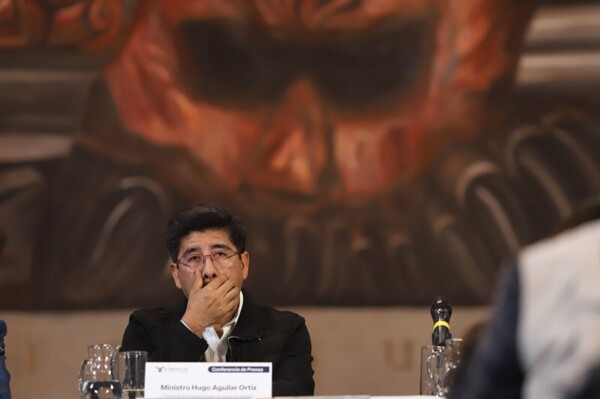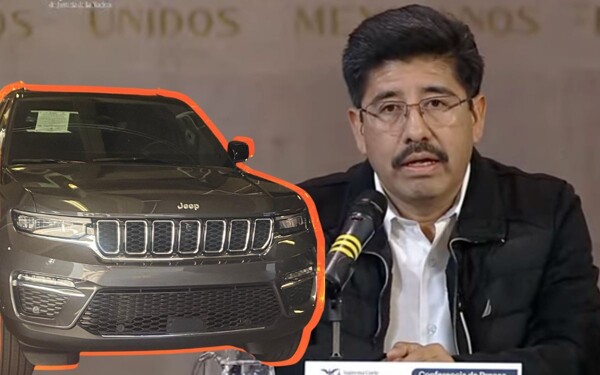
Eric Ramírez, regional director for Latam at Urban Science, shared with El Financiero his perspective on the possible relocation of the production of trucks such as the Silverado, Sierra, and RAM from Mexico to the United States. In his opinion, these vehicles could be moved to the United States as much as possible, while for cars and SUVs made exclusively in Mexico, costs will be absorbed as far as financially viable. Ramírez highlighted that luxury and higher-priced models could be the most affected by this situation.
According to Ramírez, in the case of more economical cars such as Versa, Kicks, Sentra, Jetta, HRV, Taos, Tiguan, Equinox, and Maverick, production volume will likely need to be reduced to balance supply with rising prices and demand in the United States.
The White House's decision to postpone the imposition of tariffs on the automotive industry until April 2 has provided temporary relief for T-MEC countries. However, there are uncertainties regarding how this measure will affect the auto parts sector, as expressed by suppliers in the sector.
Alberto Bustamante, general director of the National Agency of Automotive Sector Suppliers (Anapsa), considered that the decision to postpone tariffs is a positive measure encouraged by manufacturers Stellantis, Ford, and General Motors. However, Bustamante noted that concerns persist regarding the impact on the parts and components necessary for vehicle manufacturing in the United States, which cross the borders of Mexico, Canada, and the United States multiple times during the production process.
Anapsa warned that tariffs could affect up to 5 million jobs and generate annual costs of up to 300 billion dollars for the automotive industry in the T-MEC region. For its part, White House Press Secretary Karoline Leavitt announced that a one-month exemption will be granted to vehicles that comply with T-MEC, while the government will maintain its decision to implement reciprocal tariffs starting April 2.
Regarding automotive production in Mexico, it is expected that the imposition of tariffs will generate adjustments in plants and production lines in the country.














